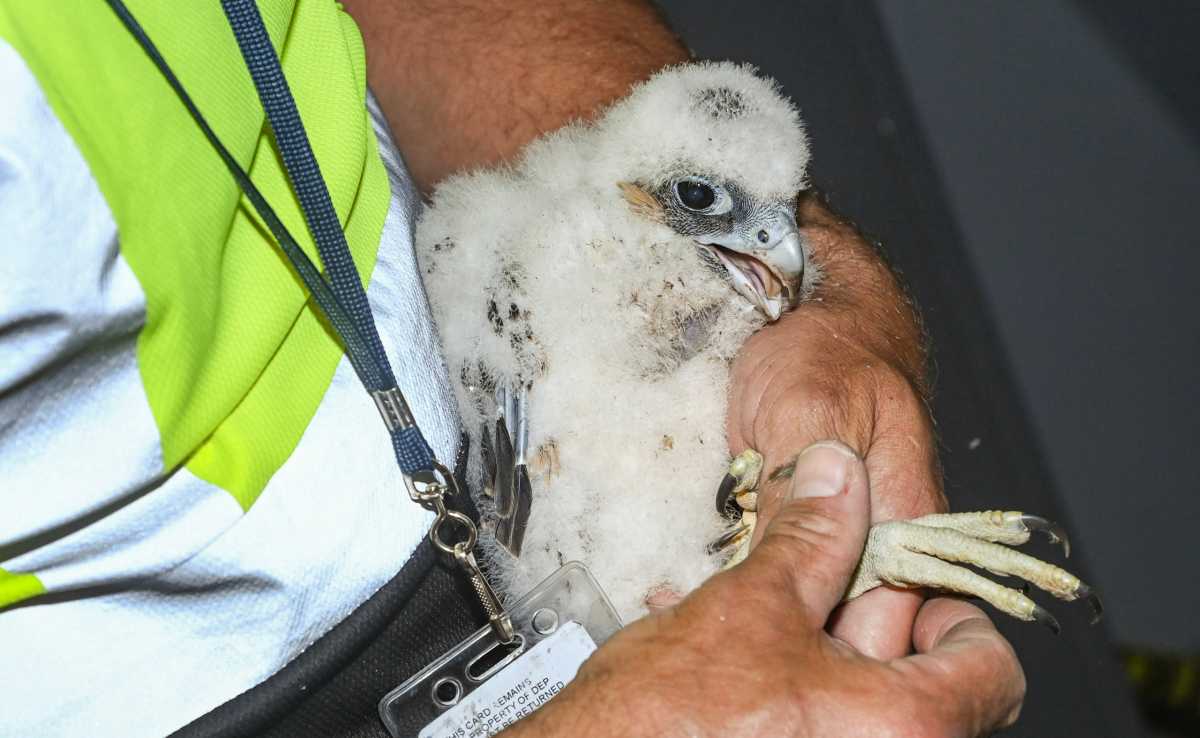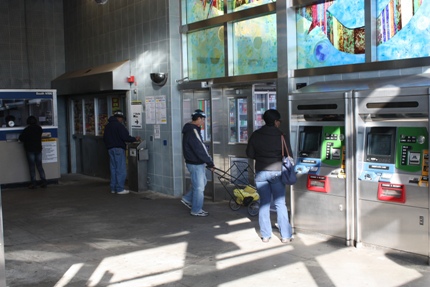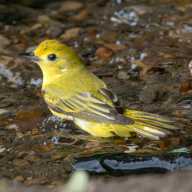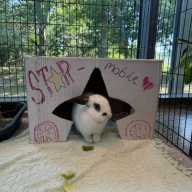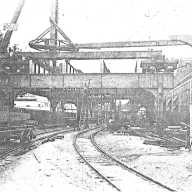Talk about a room with a view.
MTA Bridges and Tunnels announced Wednesday, June 15, that a healthy peregrine falcon chick has hatched and joined its mom in a specially built nesting box high atop the Marine Parkway-Gil Hodges Memorial Bridge that connects Breezy Point on the western end of the Rockaway Peninsula and Brooklyn.
The hatchling is enjoying his new digs perched on the 215-foot Rockaway tower, which provides a sweeping view of the Atlantic, Jamaica Bay and the Manhattan skyline off in the distance.
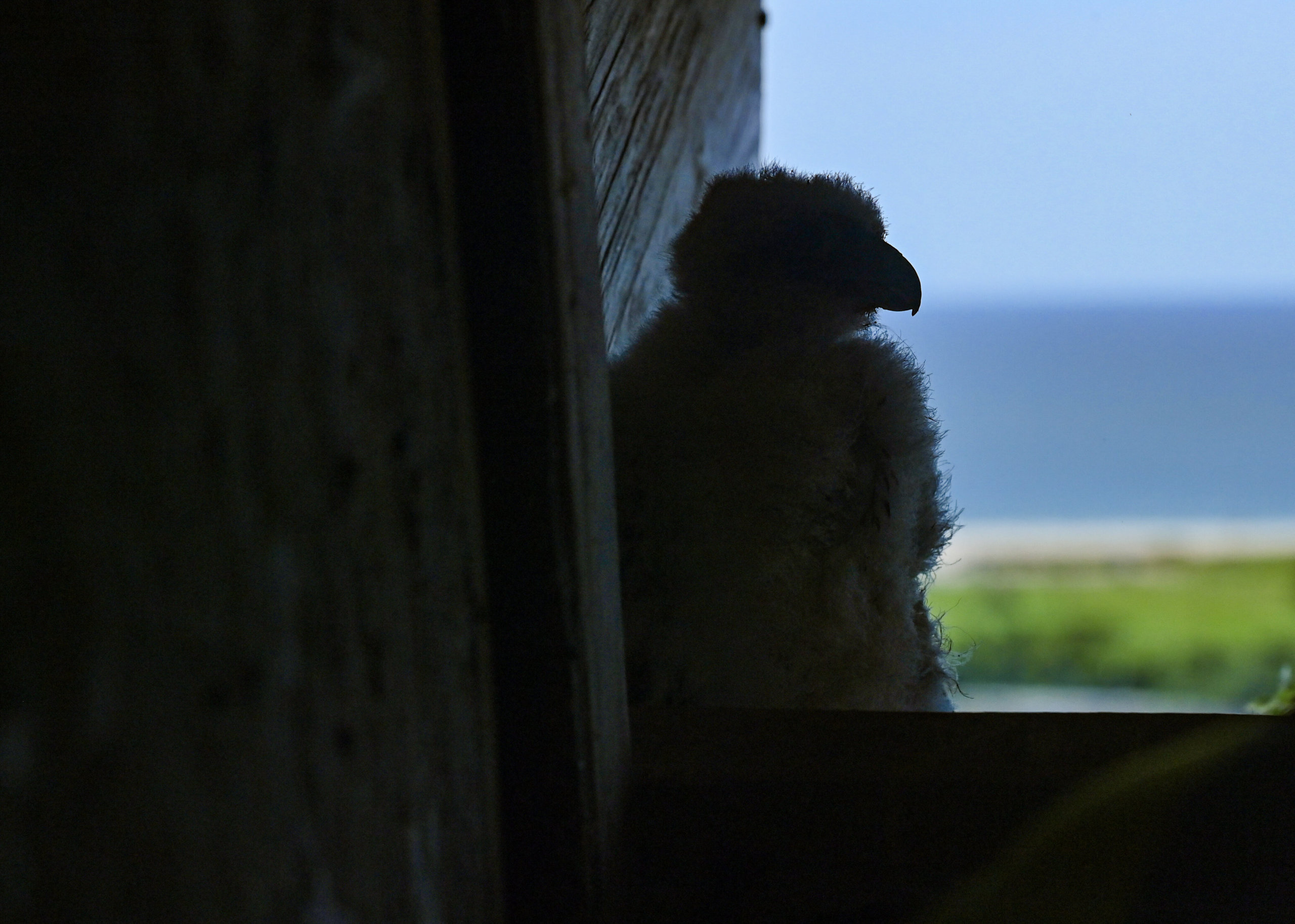
Each year in May or June, research scientist Chris Nadaresli, of the New York City Department of Environmental Protection, climbs to the top of the bridges and puts identifying bands on the falcon chicks. This helps wildlife experts keep track of the number of peregrines in the city and identify them in case they become sick or injured.
The banding on the new chick took place on June 15 when it was about three weeks old. MTA Bridges and Tunnels has been part of the state nesting program since 1983.

Peregrine falcons were nearly wiped out by the 1060s as a result of pesticides in their food supply and remain on the New York State Department of Environmental Conservation endangered birds list. Urban falcons like to nest atop bridges, church steeples and high-rise buildings because they provide an excellent vantage point for hunting prey, including pigeons and small birds.
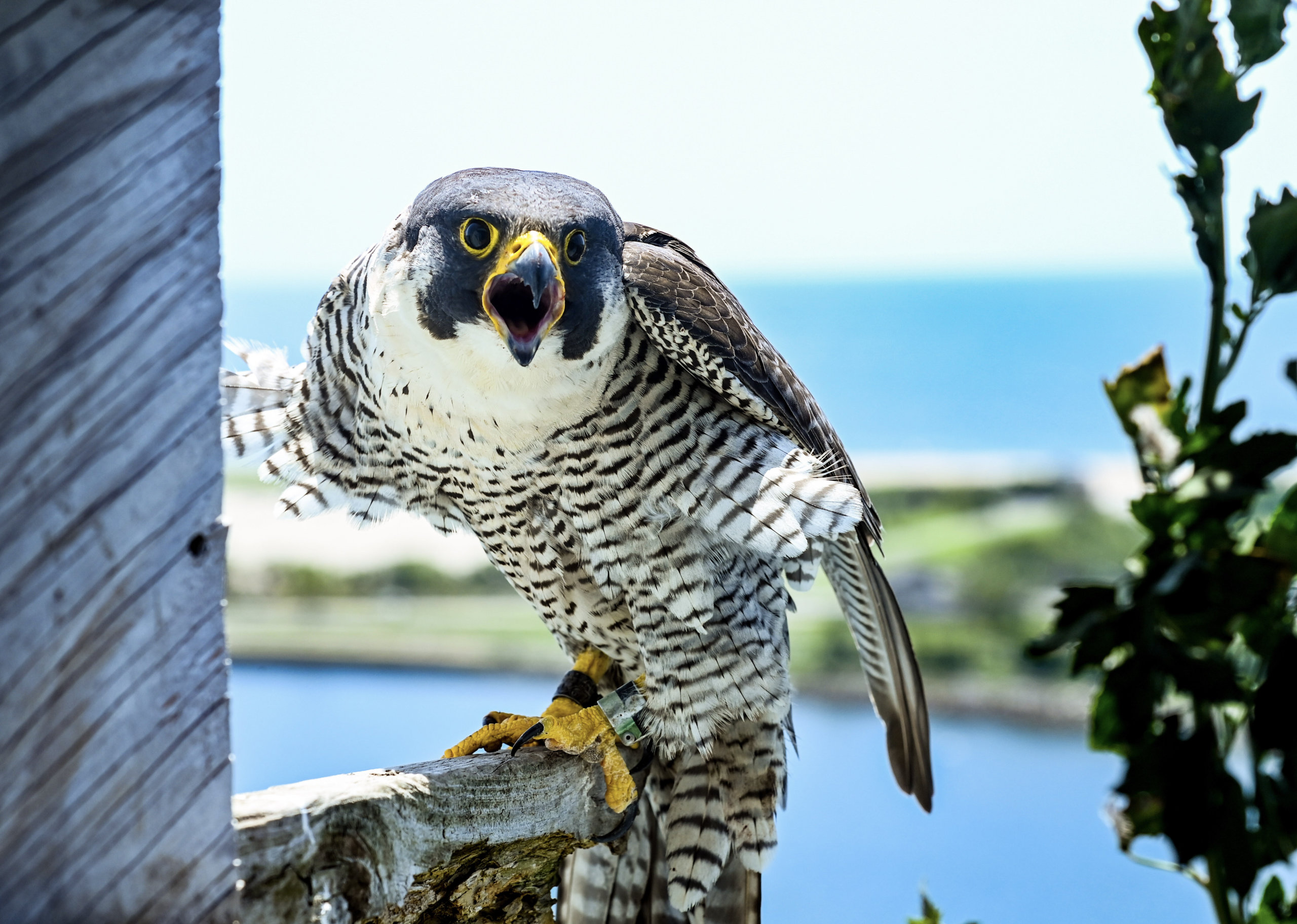
MTA Bridges and Tunnels provide a nesting box for the falcons at each of the bridges but otherwise leaves the birds alone, particularly during nesting season. Falcons mate for life and generally return to the same nest to hatch their young.
The banding process is performed in accordance with agency procedures and does no harm to the chick.

